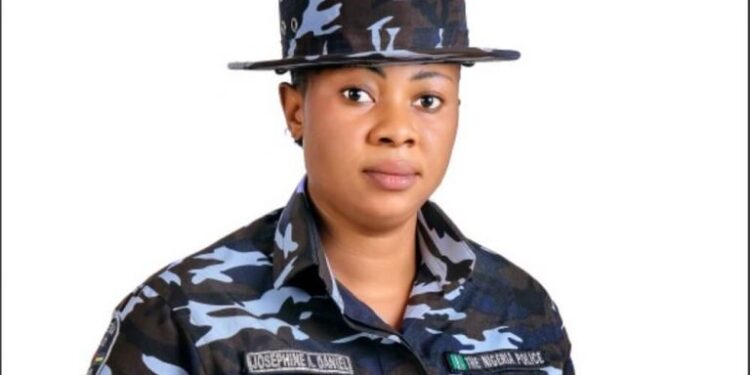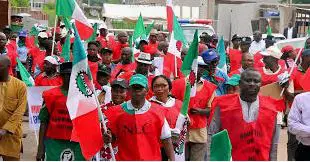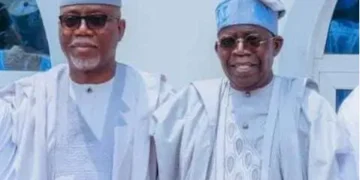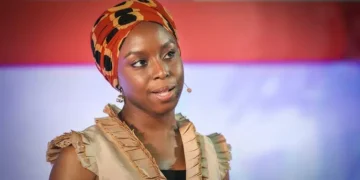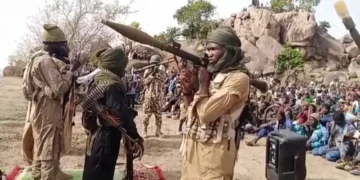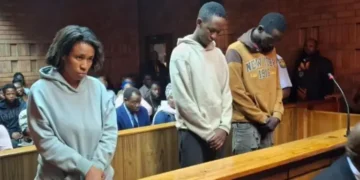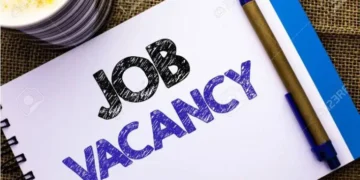The opposition coalition led by former Vice President Atiku Abubakar and former Kaduna State Governor Nasir El-Rufai has responded to the defection of Delta Governor Sheriff Oborevwori, his predecessor Ifeanyi Okowa, and several prominent leaders of the Peoples Democratic Party to the All Progressives Congress.
Salihu Lukman, a key stakeholder in the coalition and former National Vice Chairman of the APC, stated that the defections did not come as a surprise. Lukman said the PDP is clearly a shadow of its former self and that many governors are working for President Bola Tinubu.
Lukman emphasized that the opposition figures in the coalition will not be distracted by the defections and urged PDP governors and leaders to reconsider their stance on not joining the coalition ahead of the 2027 presidential election.
Meanwhile, former Senate President Bukola Saraki has assured that the PDP will rise from the temporary setback and work to reposition the party. Saraki urged those who are still nursing an ambition to abandon the party to quietly exit without making a fuss about it.
In Plateau State, the Chairman of the PDP, Chris Hassan, expressed conviction that the party’s strength and credibility in the state will not be affected by defections in other states. Hassan commended Governor Caleb Mutfwang for his outstanding leadership and good governance.
The defections have sparked reactions across the country, with some predicting more defections from the PDP. The Osun State chairman of the New Nigeria Peoples Party, Dr. Tosin Odeyemi, predicted that more people would dump PDP before the governorship poll. However, the PDP dismissed Odeyemi’s claim as wishful thinking.
Wole Oke, a federal lawmaker who recently defected from the PDP to the APC, predicted a huge electoral defeat for the PDP at the next election in Osun State. Oke cited unfair treatment from the PDP and the refusal by Governor Ademola Adeleke to fix critical infrastructure in his federal constituency as reasons for his defection.

The political landscape in Nigeria continues to shift, with alliances being formed and broken. As the country approaches the 2027 presidential election, the dynamics of power and influence are likely to change further.
Post Views: 1,470



